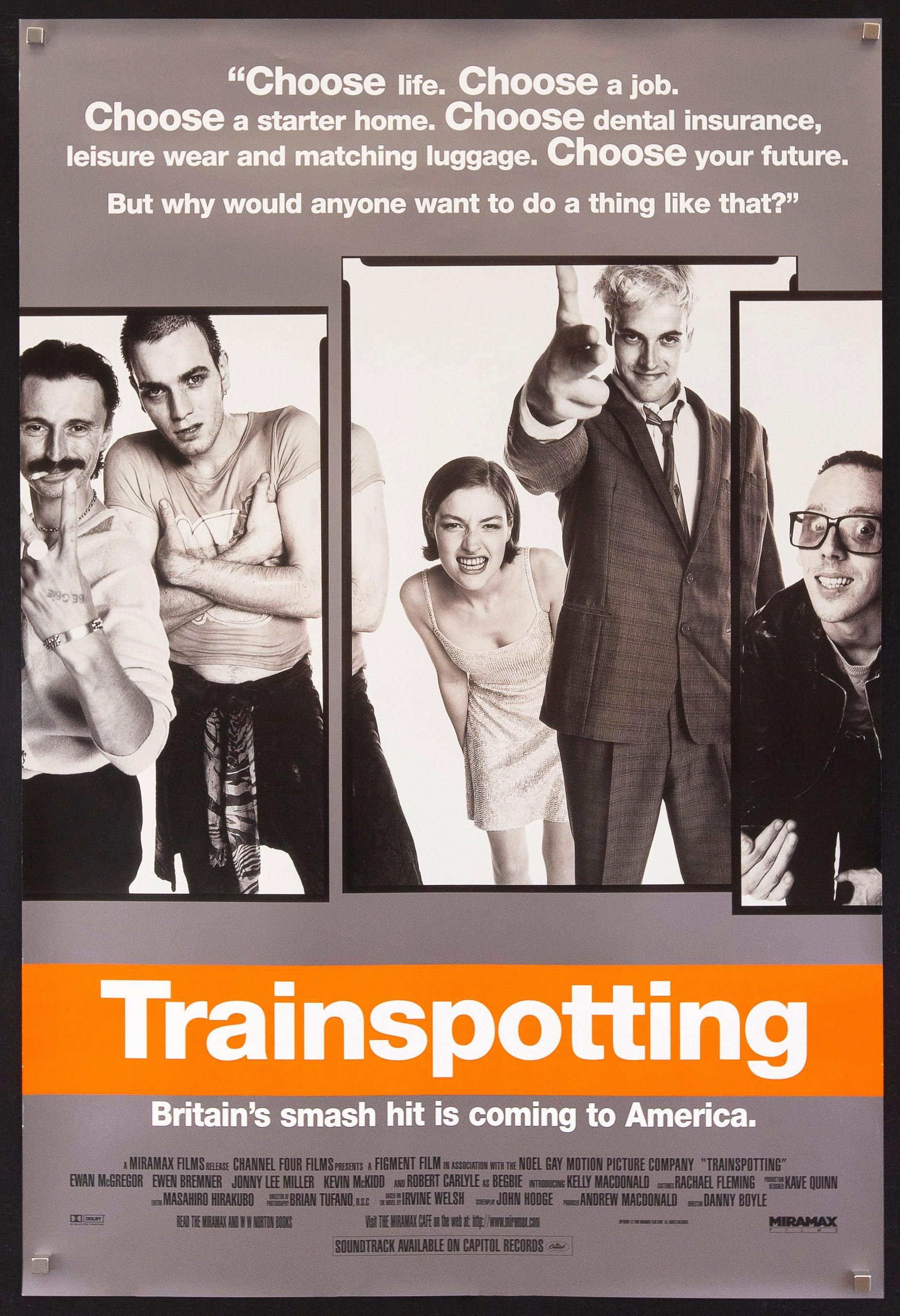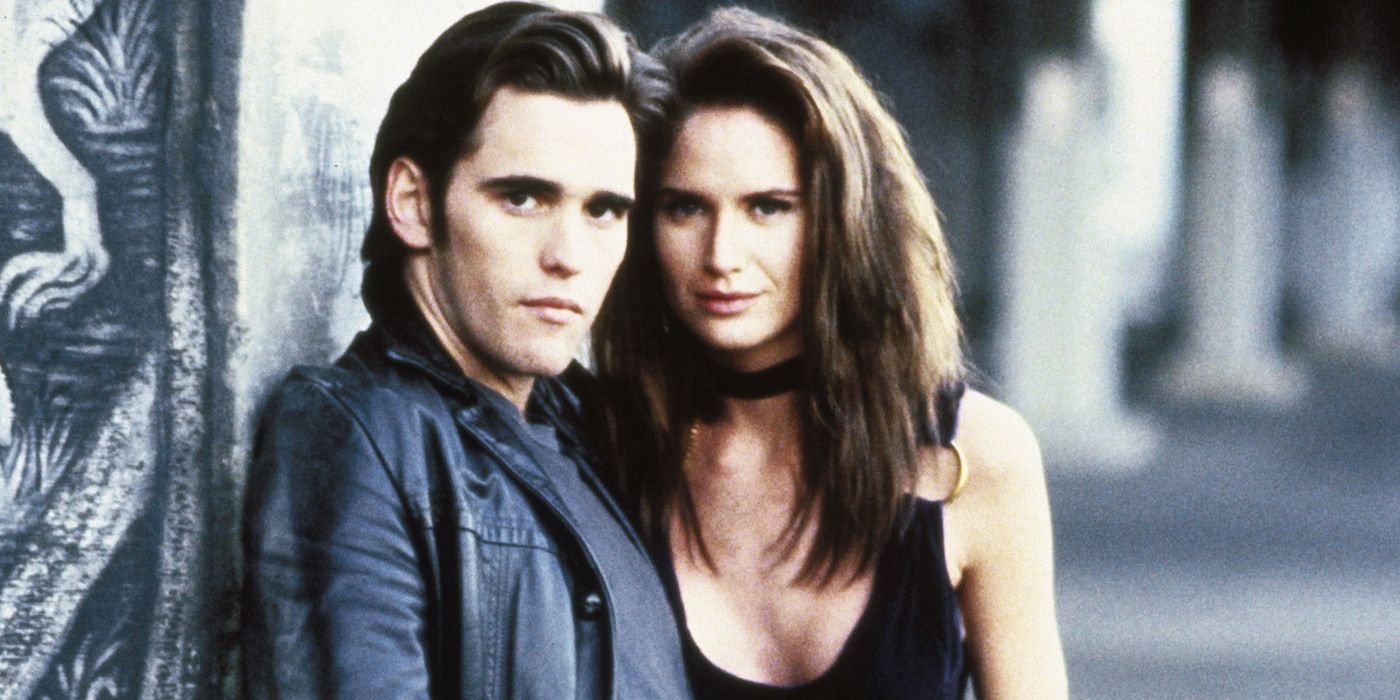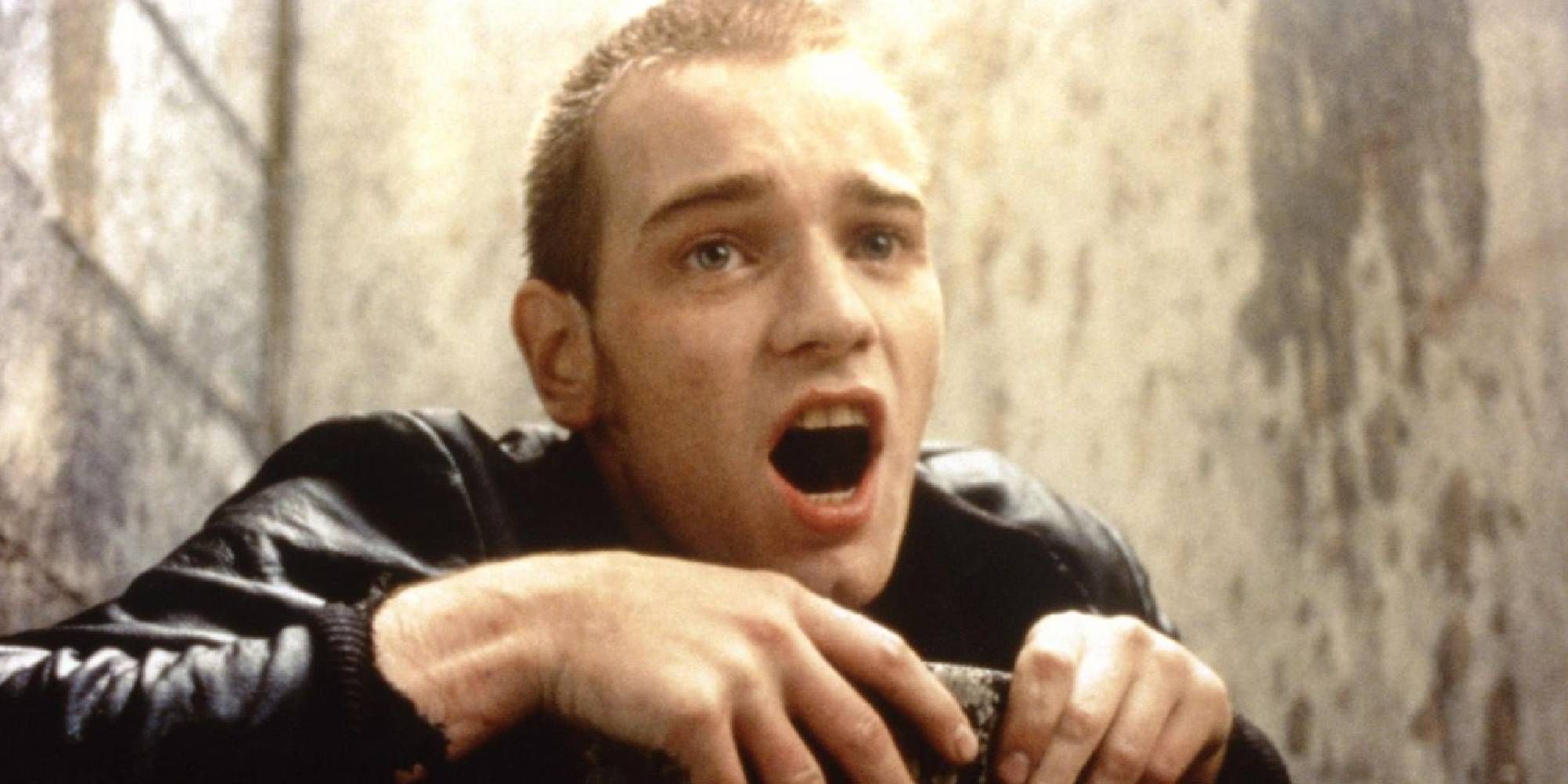28 years of confusion ends here.
The Big Picture
- The term “trainspotting” is British slang for watching trains try catch subtle differences between them.
-
Trainspotting
, based on Irvine Welsh’s novel, delves into dark comedy and explores heroin addiction in Scotland. - Despite its unconventional narrative structure, Boyle’s adaptation of Trainspotting maintains an authentic portrayal of drug culture.
Danny Boyle has firmly established himself as one of the most versatile filmmakers of his generation. While some directors tend to work within just one style or tone, Boyle has shown a remarkable ability to constantly challenge himself by working in different genres; between his fact-based survival drama 127 Hours, his zombie classic 28 Days Later, his Best Picture-winning drama Slumdog Millionaire, and his existential space drama Sunshine, Boyle has never settled on just one area of focus. While Boyle’s directorial debut Shallow Grave served as the first evidence of his abilities, his 1996 adaptation of Trainspotting became an instant cult classic that captured the grueling ramifications of drug use.
Based on the acclaimed novel of the same name by author Irvine Welsh, Trainspotting follows the misadventures of the Scottish friends Renton (Ewan McGregor), Spud (Ewen Bremmer), Sick Boy (Jonny Lee Miller), Begbie (Robert Carlyle), and Tommy (Kevin McKidd) as they run rampant around Edinburgh. While the gang enjoys playing sports and fantasizing about local girls, any prospects for their future are cut short due to their collective addiction to heroin. Boyle draws from a wealth of popular culture references to turn Trainspotting into a study of the motivations of drug users. And while it’s one of the most quoted and adored movies of all time, you wouldn’t be blamed for being a little confused by the title. What does the term “Trainspotting” actually mean?

Trainspotting
Heroin addict Mark Renton (Ewan McGregor) stumbles through bad ideas and sobriety attempts with his unreliable friends — Sick Boy (Jonny Lee Miller), Begbie (Robert Carlyle), Spud (Ewen Bremner) and Tommy (Kevin McKidd). He also has an underage girlfriend, Diane (Kelly Macdonald), along for the ride. After cleaning up and moving from Edinburgh to London, Mark finds he can’t escape the life he left behind when Begbie shows up at his front door on the lam, and a scheming Sick Boy follows
- Release Date
- February 23, 1996
- Director
- Danny Boyle
- Cast
- Ewan McGregor , Ewen Bremner , Jonny Lee Miller , Kevin McKidd , Robert Carlyle , Kelly Macdonald
- Runtime
- 94
- Main Genre
- Crime
- Writers
- Irvine Welsh , John Hodge
- Studio
- Miramax
- Tagline
- Choose life. Choose a job. Choose a starter home. Choose dental insurance, leisure wear and matching luggage. Choose your future. But why would anyone want to do a thing like that?
What Is “Trainspotting” Slang For?
In what feels like a bitter piece of irony, none of the characters in Trainspotting actually spend any time looking at trains; the term “trainspotting” is slang for the practice of obsessively watching trains in order to catch the subtle differences between them. According to Welsh, the name of the original novel is intended to be ironic, as the real derelict Leith Central railway station in Edinburgh was shut down due to economic ramifications linked to Margaret Thatcher’s tenure as Prime Minister. Even if the Trainspotting film doesn’t directly reference the sarcastic title, it certainly commits to the grim reality behind its meaning. Spud, Renton, Begbie, Sick Boy, and Tommy have come to accept that they live within the backwaters of society and that the law isn’t interested in curbing their potentially dangerous behavior. This inspires their misadventures to grow more excessive as the film continues; Renton is forced to face the reality that he can’t spend the rest of his life addicted to heroin.
The phrase “Trainspotting” is often used as a shorthand for boredom, and Boyle’s film shows how Gen X angst inspires the characters to rise up against authorities. While there is a pleasure that comes from abusing heroin, Renton and his friends enjoy being part of a counter-cultural movement that pushes against the traditional “family values” that are lionized by the media. This is perhaps most evident in the use of the phrase “Choose Life,” a reference to an anti-drug marketing campaign peddled by the Reagan administration. In one of his most fiery monologues, Renton reframed the “Choose Life” message to condemn the mundanity of “civilized, well-adjusted living” and assert why he chooses to continue abusing drugs.
‘Trainspotting’ Was Long Considered “Unadaptable”
Due to its crass language and unusual narrative structure, Trainspotting was considered “unadaptable”before Boyle expressed interest in helming the project. The novel was told from the perspective of Renton in a stream-of-consciousness style meant to immerse the reader within his worldview. While the specificity of Renton’s dialogue helped show how his mind had depleted due to drug use, it didn’t provide a traditional narrative structure that would seamlessly translate to the screen. However, Boyle managed to convince Welsh to let him take on the material by pitching “the most energetic film you’ve ever seen.” Even with side characters being expanded upon and more time dedicated to Renton’s family life, Boyle still managed to capture the off-putting experience of reading the novel’s chaotic non-sequiturs. The film captures the anarchic style through Renton’s voice-over, even if it ends up forming a more concise narrative in the third act.

Without This ’80s Indie, We Wouldn’t Have ‘Requiem for a Dream’ or ‘Trainspotting’
Gus Van Sant takes all of the Hollywood glamour out of this heavy subject.
Dark humor is essential to the film’s success, but Boyle did extensive research in order to ensure that Trainspotting’s depiction of drug culture was as authentic as possible. In addition to reading books about different forms of addiction and manners of drug use, McGregor met with many recovery groups to discuss their ongoing battles; some of the survivors even cameoed in the film as the opposing football team that Renton and his friends face off with in the opening credits sequence. Boyle was also keen to watch films that spoke to counter cultural themes, including A Clockwork Orange and The Hustler. It was important to show how heroin was appealing to young men like Renton without ever glamorizing its usage.
‘Trainspotting’ Was a Stylistic Breakthrough for Danny Boyle
On top of Boyle’s direction and John Hodge’s script adapted from Welsh’s novel, Trainspotting made use of its instantly iconic soundtrack. Specific needle drops were incorporated to speak to the characters’ interior anxieties; while Iggy Pop’s “Lust for Life” served as the embodiment of Renton’s carefree attitude, Underworld’s “Born Slippy” is played as a grim reminder that becoming “normal” will not be as easy as it seems. Lou Reed’s “Perfect Day” plays in the background as Renton overdoses and nearly dies, showing the ironic pleasure he takes in something that is so close to killing him. It’s the perfect juxtaposition that highlights how little respect Renton has for life.
Welsh followed up Trainspotting with a sequel novel titled Porno, which Boyle loosely adapted into sequel T2: Trainspotting 20 years after the original film. While it was certainly saddled with significant expectations based on the first film’s cultural staying power, T2: Trainspotting capitalized on audiences’ nostalgia by forcing its characters to reckon with the past. It served as the perfect rebuke to the first film’s youth-centric focus by showing the grim realities of growing older but not wiser.
Trainspotting is available to rent on Amazon in the U.S.
Rent on Amazon
This article was originally published on collider.com



